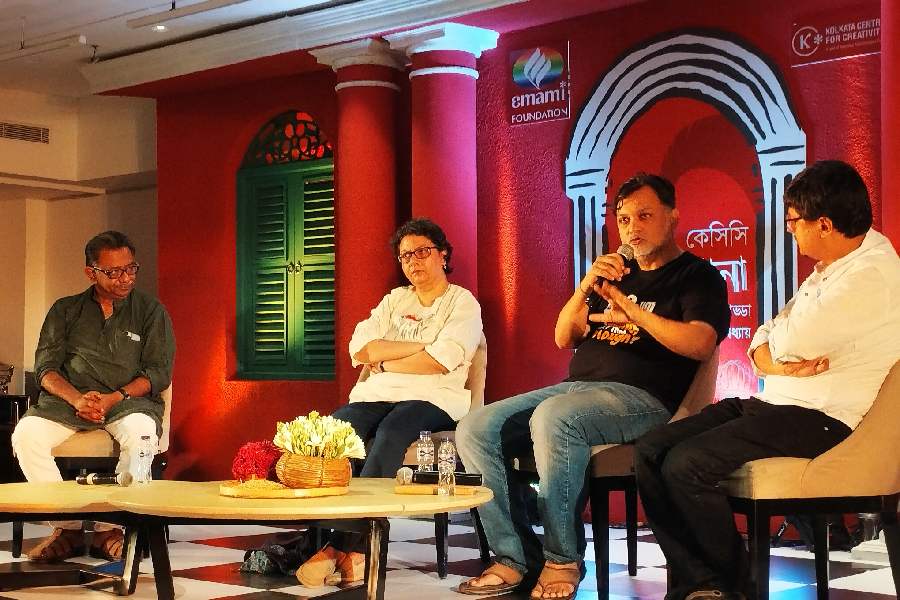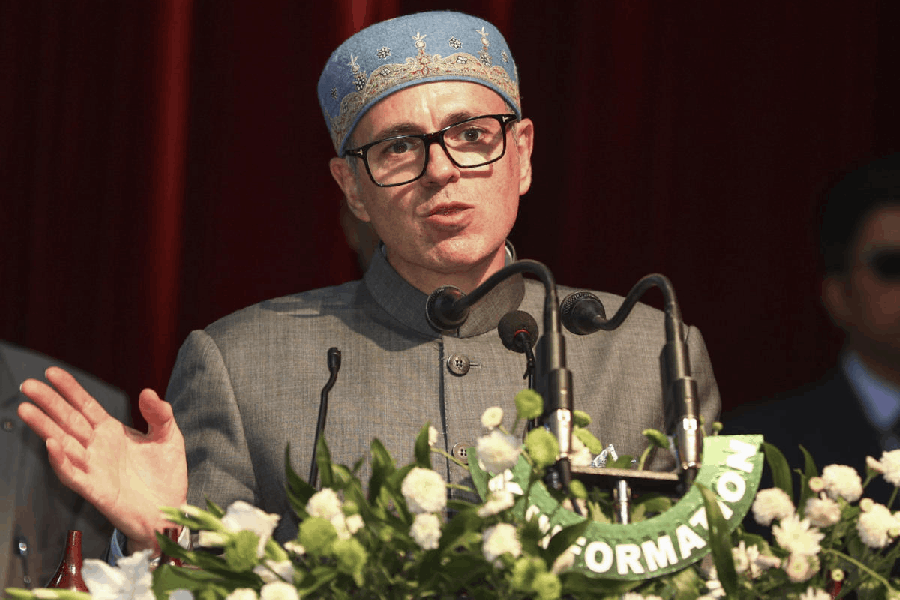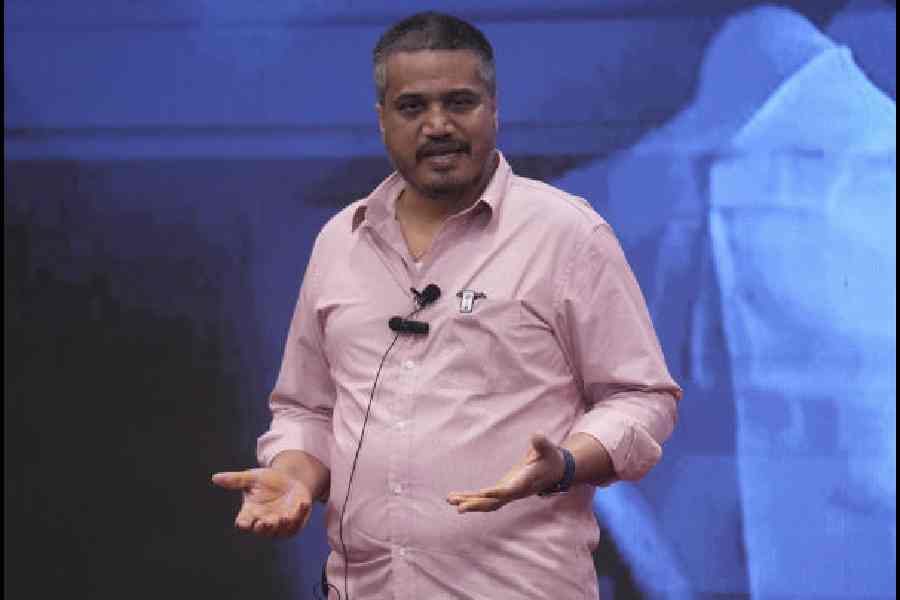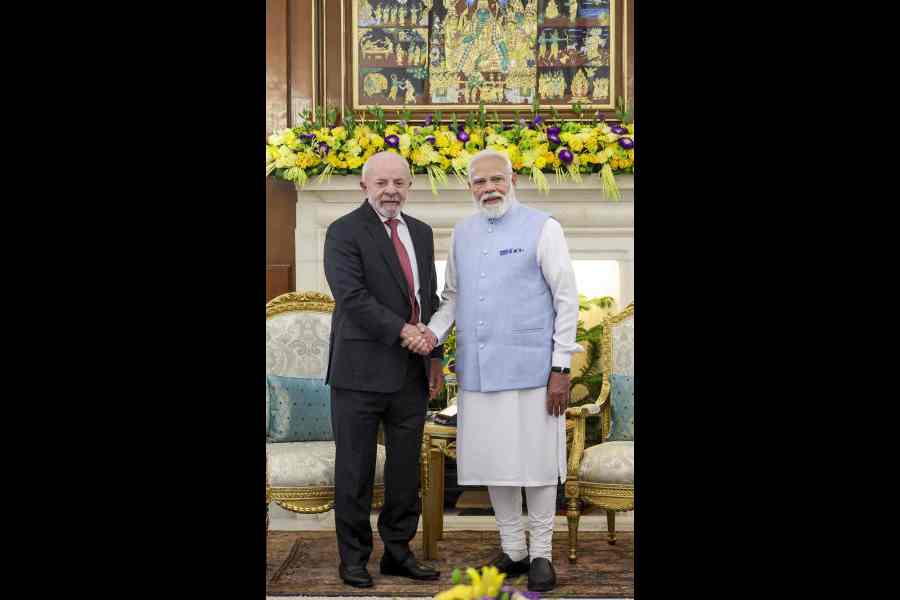The advent of multiplexes coupled with a rise in disposable income in Indian households forced filmmakers to change how heroes were perceived in mainstream cinema, film experts said on Sunday, claiming that the masses did not relate to the “defeated” men grappling with family responsibilities and poverty as protagonists anymore.
“As ticket prices soared, the working-class audience — the ones who once saw their own lives reflected on the silver screen — slowly stopped going to the movies,” said director Kamaleswar Mukherjee. “This disconnect reshaped the very grammar of popular cinema,” he added.
Kamaleswar was speaking at a session titled ‘From Devdas to Deewar: The box office losers’ at the annual literary meet KCC Baithakkana in Kolkata Centre for Creativity.
The session brought together a panel featuring directors Srijit Mukherji and Kamaleswar Mukherjee, film critic Jagori Bandyopadhyay, and journalist-film critic Priyak Mitra. The conversation traced the slow transformation of the working-class protagonist — once the beating heart of Bengali and Hindi cinema.
Kamaleswar opened the session by underscoring how films used to be grounded in the socio-economic context of their times. Citing the example of films like Ajantrik (1958) and Akaler Sandhane (1980), he said films of legendary directors like Satyajit Ray, Mrinal Sen and Ritwik Ghatak always portrayed the ‘defeated’ hero.
Film critic Parik Mitra brought in the towering figure of Amitabh Bachchan’s angry young man, arguing that even in their hyperbolic avatars, such characters channelled deep-rooted class anxieties. “From coolies to mill workers, these heroes were from the margins — speaking up for those who couldn’t,” Mitra said.
“In the 1970s, someone like Uttam Kumar often played the elder brother holding a crumbling joint family together,” Jagori said. “These characters were not about glamour; they were about resilience. They reflected the moral backbone of middle-class Bengal.”
Srijit Mukherji expanded the argument into the 1990s, citing mainstream Bengali filmmakers like Swapan Saha and Anjan Chowdhury, whose protagonists were everyday men entangled in familial duties.
“There was a time when the elder brother sacrificing his education for his siblings was a recurring trope. In those films, being rich was almost always synonymous with being morally corrupt,” he observed.
The discussion concluded on a cautiously optimistic note, with Srijit referencing Khadaan, the 2024 hit starring Dev, which sparked a mini-revival of single screens across Bengal. “It’s a film that led to the reopening of many closed theatres. If these films don’t work, the cycle of the entertainment industry simply cannot move forward,” Srijit said.
The second edition of KCC Baithakkana, the annual literary meet curated by Chandril Bhattacharya, Sanchari Mookherjee, and Tausif Rahman at Kolkata Centre for Creativity, concluded on Sunday.











